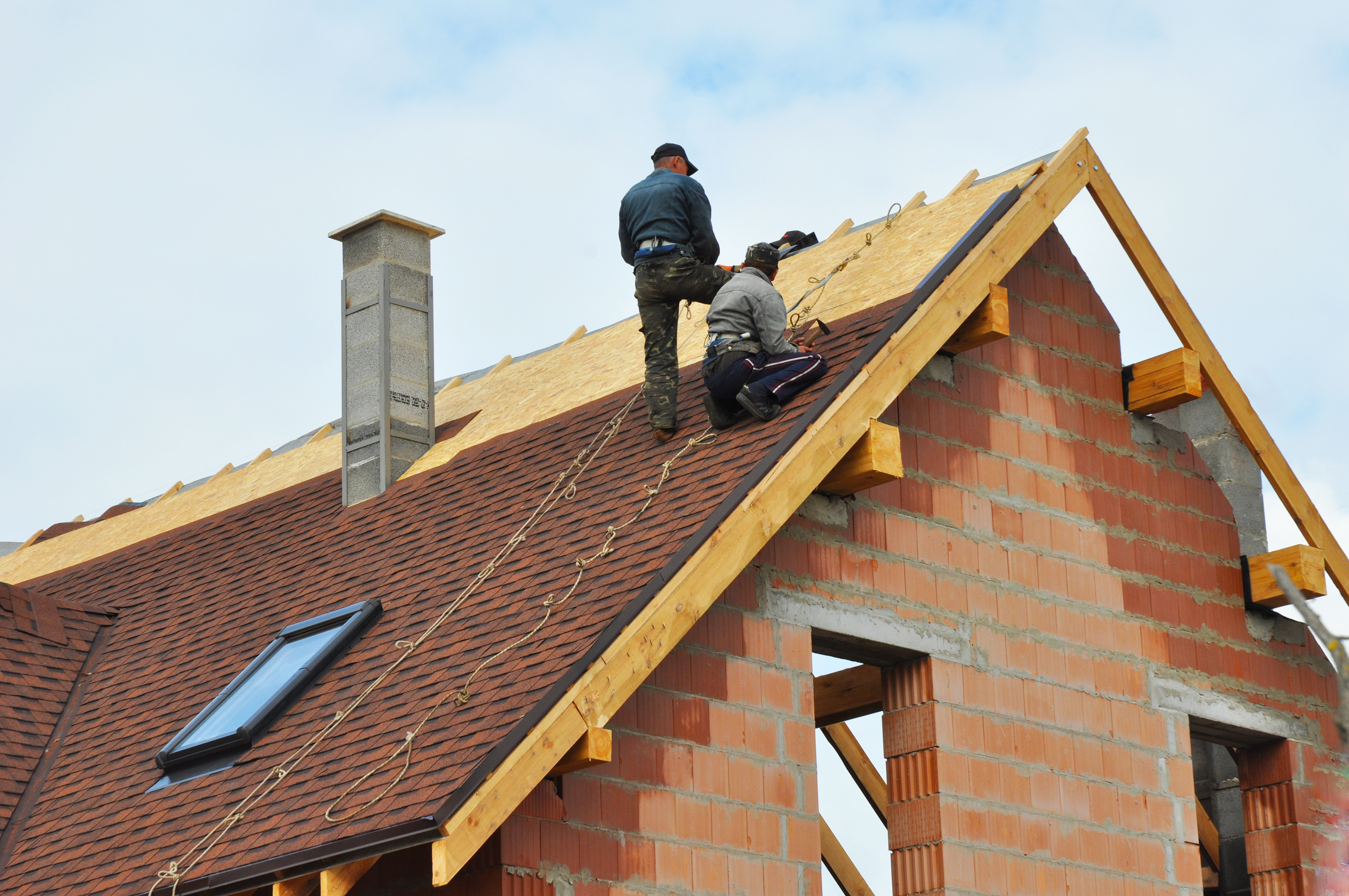
Understanding the Importance of a Quality Roof for Your Business
The Role of Commercial Roofing in Business Functionality
In the world of commercial real estate, the roof is often seen as a mere afterthought; however, it plays a crucial role in the overall functionality and longevity of your business premises. A quality roof acts as a protective barrier against harsh weather conditions be it relentless rain, intense sunlight, or heavy snow. It’s not just about shelter; a well-constructed roof contributes to the structural integrity of the building, ensuring that operations proceed smoothly without the interference of leaks or damage. Furthermore, it enhances energy efficiency. An efficient roof can contribute significantly to lowering heating and cooling costs, ultimately impacting your bottom line positively. The right roofing system can also create a conducive environment for staff and customers alike, leading to increased productivity and client satisfaction by maintaining a comfortable interior climate.
How a Strong Roof Protects Your Business Assets
A strong roof is akin to a fortress, sheltering the valuable assets within. From sensitive equipment and inventory to intellectual property and employee wellbeing, businesses invest substantial resources that need protection. Leaky roofs can lead to water damage, mold growth, and severe structural issues, leading to astronomical repair costs down the line. Consider the potential disruption caused by an unplanned roof failure during peak business hours; not only might it lead to immediate financial loss, but it can also damage your reputation, causing clients to reconsider their partnerships with you. Additionally, a robust roofing system also adds safety, as it reduces the risk of accidents due to falling debris or collapsing sections. Thus, investing in a quality roof is not merely an expense; it is one of the insightful decisions for safeguarding your business’s future.
What to Look for in a Commercial Roofing Contractor
Key Qualifications and Certifications You Should Demand
When it comes to selecting a commercial roofing contractor, credentials matter. It’s essential to seek out individuals or companies that possess relevant licenses, insurance, and certifications that demonstrate their commitment to quality and safety. Certifications from recognized bodies like the National Roofing Contractors Association (NRCA) or similar local organizations indicate that the contractor adheres to industry standards and regulations, thus enhancing their credibility. A well-qualified contractor will offer proof of liability insurance, which protects your business from any liability arising from accidents or damages during the roofing process. It’s also wise to check for workers’ compensation coverage, further safeguarding you in case of on-the-job injuries, thus ensuring that your business remains protected from unforeseen financial burdens.
Experience Matters: Why Past Projects Matter
Your contractor’s experience is a critical factor that can significantly dictate the quality of work you receive. A contractor who has successfully completed various commercial roofing projects will be more adept at handling complex issues that may arise during the roofing process. It’s advantageous to review their portfolio, focusing on past projects similar to yours in scope and complexity. Pay attention to the materials used, the design intricacies, and the problem-solving approaches they employed. Don’t hesitate to ask for referrals; speaking with past clients about their experiences is invaluable. Were the projects completed on time and within budget? Was the communication transparent and effective? Gathering insights from former clients regarding a contractor’s reliability and craftsmanship not only gives you a clearer picture but also boosts your confidence in your selection.
Evaluating Cost vs. Value in Roofing Solutions
Breaking Down Roofing Costs: What Factors Influence Pricing?
The cost of commercial roofing can vary widely based on several factors. Understanding these variables can help you make more informed decisions that align with your financial capabilities without compromising on quality. Key influencing factors include the type of roofing materials selected such as metal, TPO, EPDM, or built-up roofing as well as the specific designs chosen, which may require custom fabrication or unique installation techniques. The complexity of your roof’s design, including features like skylights or multiple levels, can also increase labor costs. Geographic location, local labor rates, and the difficulty of access to your building can contribute substantially to cost differentials. Furthermore, reputable contractors may charge higher upfront fees, but their work’s quality can lead to long-term savings. This raises the crucial distinction between cost and value; the best investment is often in durable, high-performing roofing systems rather than opting for the cheapest solution, which might result in significant repair costs sooner rather than later.
Understanding Long-term Savings Through Quality Roofing
While the initial cost may be higher for superior roofing solutions, the long-term savings can be substantial. A high-quality roof can significantly extend your property’s lifespan and reduce maintenance costs, with many commercial roofing systems having warranties lasting 20 years or more. By minimizing the frequency of repairs, replacements, and associated labor costs, businesses can reinvest those funds into more productive endeavors. Energy-efficient roofing options can also lead to lower utility bills, as they often include reflective surfaces that reduce heat absorption, keeping climate control costs in check. An energy-efficient roof can help achieve sustainability goals and contribute toward making your business more attractive to environmentally conscious customers and investors. Additionally, a well-maintained roof can increase your property value, making it a smart investment in your company’s future. For building owners who want to maximize these benefits, it’s wise to contact a property management company to ensure proper roof inspections, timely maintenance, and long-term protection strategies are in place.
The Questions You Should Always Ask Before Hiring
Checklist of Key Questions to Screen Potential Contractors
Before finalizing your choice of a roofing contractor, certain questions can help you sift through candidates to find the best fit for your project. Begin with inquiries regarding their licensing and insurance capabilities, seeking evidence of both. Ask them how long they have been in business and if they specialize in commercial roofing specific expertise can translate to better results. It’s also prudent to ask for a detailed proposal that outlines the project’s scope, timeline, materials used, and payment structure. Ensure they offer a clear explanation of the roofing method they will employ and the reasons for recommending specific materials. Inquire about their subcontractors to understand who will carry out the work and the standards of quality you can expect. To gauge their reliability, request references and testimonials and be sure to follow up with past clients regarding their experiences.
Red Flags: Recognizing Warning Signs During Your Selection Process
As you evaluate potential contractors, be wary of certain red flags that may indicate a lack of professionalism or quality. A contractor who cannot provide valid licensing or insurance information is a significant risk; never hire someone who is unwilling to comply with these basic requirements. Additionally, if a contractor provides an estimate that is significantly lower than the competition, it may signal that they are cutting corners on materials or labor. Be cautious of vague contracts or unwillingness to provide documentation; a reputable contractor should be transparent about every aspect of the job. Frequent changes in company ownership or an unstable reputation could indicate a lack of reliability as well. Lastly, be concerned if a contractor pressures you into making immediate decisions or payments, as this can set a precedent for unscrupulous business practices.
